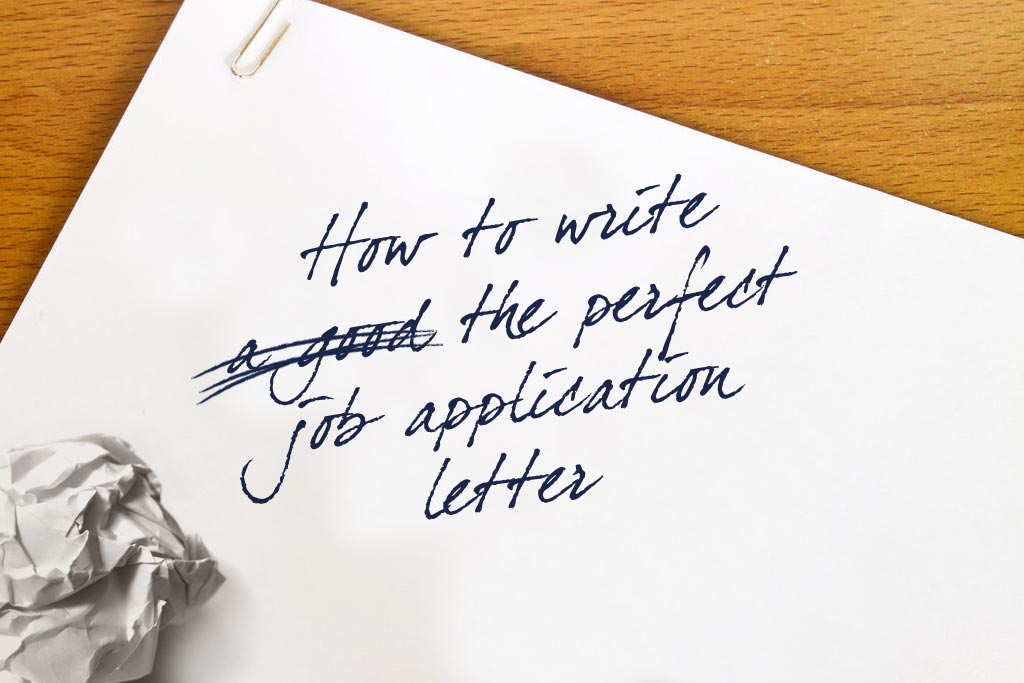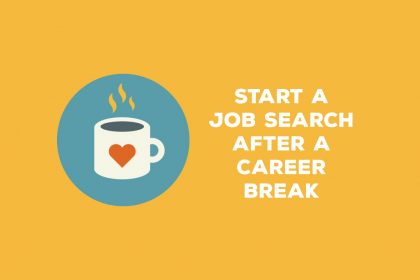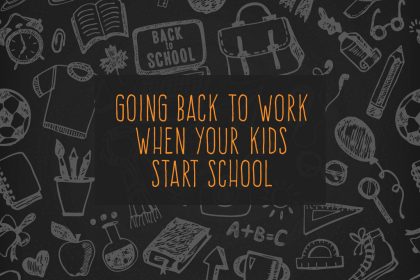Seven questions you need to ask a recruitment agency
If you’re looking for a new job, it can help to use a recruitment agency. Here are seven questions you need to ask them about roles they suggest.
Recruitment agencies like SJR London can really give you the edge when job-hunting, because they build a relationship with you and with companies recruiting. A good recruitment agency will really get to know you, understanding your skills, experience, personality and how you present yourself, along with the type of job you’re after.
They also have relationships with lots of different companies who are looking for candidates but may not openly advertise these roles – so a recruitment agency can give you access to jobs you might not otherwise hear about.
They know the roles their clients want to fill and what skills and experience they are looking for in candidates. The recruitment agency is best placed to match you with your ideal job and employer, with the added benefit that they are actually recommending you for the role, if they put you forward for it.
However, there are some essential questions to ask a recruitment agency, which can really set you up for success in your job hunt, and we’re going to go through our top 5+ in this article.
If you type into any search engine “What questions should I ask a recruitment agency?” you’re going to find many different answers, some more helpful than others. There are some pretty basic ones, like those questions relating to the tasks, seniority, salary and so on.
We’ve filtered through the results and highlighted the questions which we think will be helpful for you in your journey to finding your next great job.
1) What are the specific details and key skills of the job?
This really is top of the list. Every job has a job description (also known as a job specification), outlining what the candidate might expect from the day-to-day tasks, the skills, experience and in some cases the type of personality traits that the company is looking for in a candidate. An idea of salary, holiday allowance and other company benefits are also usually detailed in this document.
Reviewing the job description is the first step in determining whether the role is right for you and helps you tailor your CV and cover letter according to the skills, experience and personal attributes that the company is looking for. So, we believe it needs to be top of your list of questions to ask a staffing agency recruiter.
2) What is the company’s recruitment process?
When you’re speaking with a recruitment agency about a role, it is important to ask about the recruitment process, so you’re as well prepared as possible for an interview. For instance, it’s useful to know in advance how many people will be in the interview and what their roles are, so you can think about the types of questions they might ask and how the conversation might go.
You may also want to know how many rounds of interviews there will be and what the timescale is between each round. Finding out about skills or competency tests is also useful to know. These insights can help you prepare and also help you decide if you need to follow up.
3) Do I need to make any adjustments to my CV?
If you’re using a recruitment agency to find a job, it’s well worth asking them to check through your CV and cover letter to advise any adjustments you might need to make.
Recruitment agencies see many CVs, so are well versed in what makes a good one and will be able to advise you on how to make yours stand out and what to include, so you can highlight the skills that the company is looking for. We think this really is one of the essential questions to ask a recruitment agency.
4) How long has the role been advertised?
Knowing how long a vacancy has been available can be quite revealing. If a vacancy has just gone live, you may be one of the first candidates being put forward. This can be advantageous, as the recruiter might see your CV, interview you and think they’ve hit the jackpot in you, immediately!
If the role has been around for a while, it may be that the recruiter is particularly selective, knows exactly the type of person they are after and hasn’t found them yet. It might also indicate some type of challenge in relation to the role or the selection process, which may be a red flag and is certainly worth exploring with your recruitment agency.
If you’re working with a sales recruiting agency, it’s especially important to ask questions as some roles that have been around for awhile may have a bad stigma attached to it.
5) Can you tell me about the company culture?
Another of the essential questions to ask a recruitment agency centres on culture. Understanding something of the company culture will help you get a feel for whether you are likely to be a good fit.
Some companies have very traditional, formal and hierarchical cultures, others are very flexible and liberal, with a team-based approach. Knowing this in advance will help you work out whether the particular organisational culture will play to your strengths, suit your personality and style of work.
6) What time-scale is the company working to?
It’s always useful to know how long the process is likely to take and when you might hear back. As well as managing your expectations, asking this question may help you work out whether perhaps you need to follow up with the company, or the recruitment agency, if you’ve not heard back when you were expecting to.
When companies want to fill positions quickly, you would expect to hear back fairly soon after your interview. However, when the recruitment process is long, you would wait a while before following up or deciding to apply elsewhere.
7) How flexible is the business?
Since Covid, many companies have become very flexible in terms of where employees work and how they manage their time. Remote working and flexible hours provide advantages not only to employees, who can enjoy a greater level of freedom as to how they work, but also to the company, which can adapt resources and space availability around employee work patterns.
So, naturally employees have now come to expect a level of flexibility, and questions to ask a recruiter might well include whether the job allows for remote working and flexible hours. Whether or not an organisation embraces flexibility, can give you an insight into their culture and whether it’s right for you.
Flexibility Matters helps candidates find flexible work in future-minded companies. They match the right person to the right job, and devise a collaborative, flexible working strategy that suits everyone.
Photo by airfocus










